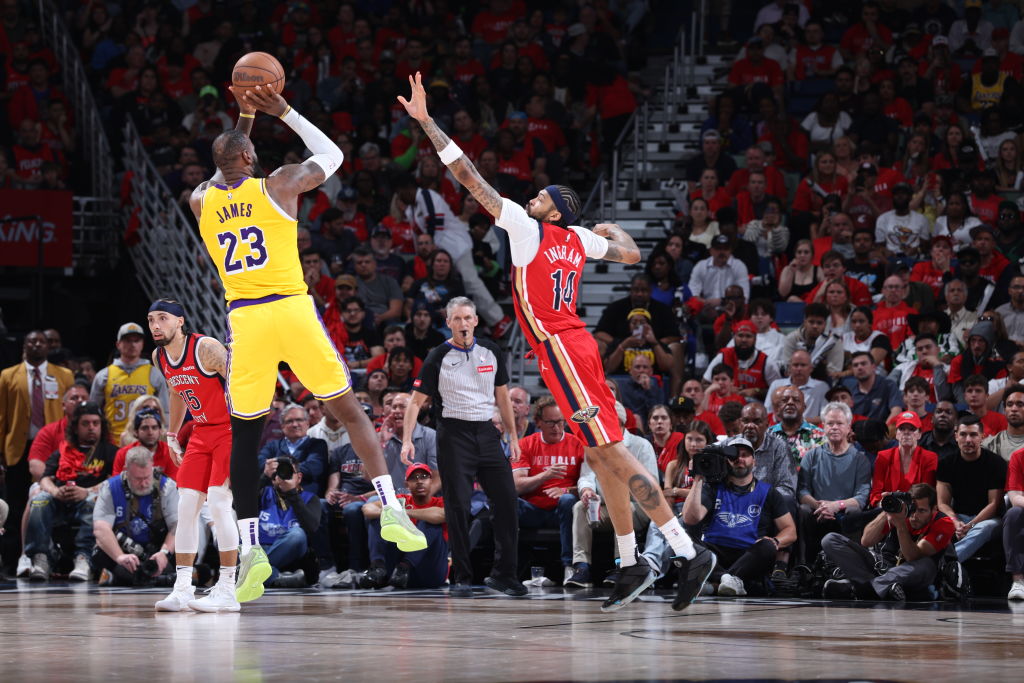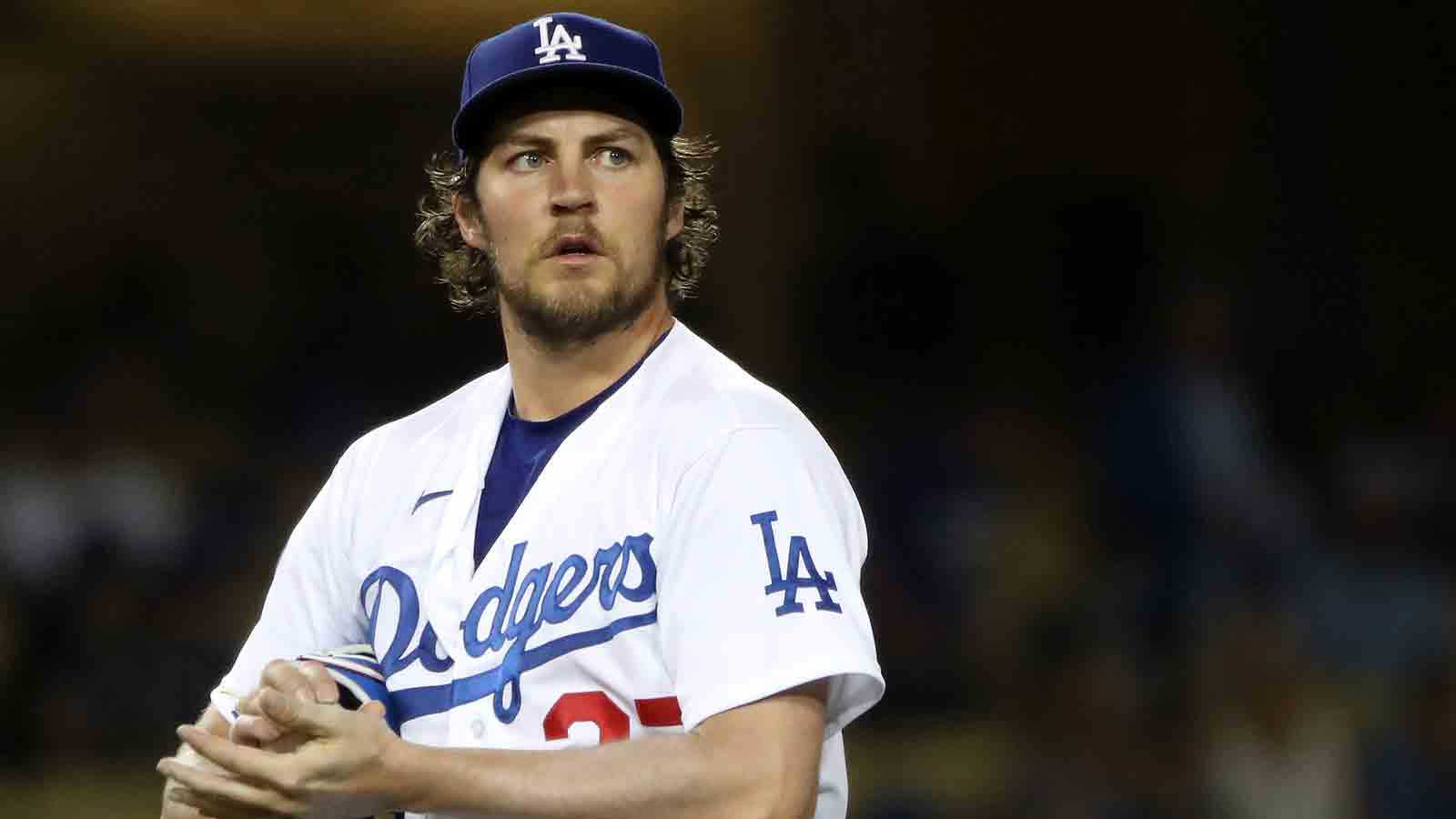Tommy Lasorda's relationship with Alex Rodriguez goes back nearly two decades, all the way to when the teenage A-Rod decided in high school that he wanted to sign his first contract with the Los Angeles Dodgers.
Lasorda's affinity for the Yankees third baseman has waned considerably in recent weeks.
In Miami to promote the upcoming World Baseball Classic, Lasorda said Monday that Rodriguez's recent admission that he took a banned substance from 2001 through 2003 while playing for the Texas Rangers was a stunner he didn't expect.
"I never thought about him ever taking steroids," Lasorda said. "So when it did, that just shocked me. Shocked me. I didn't think he would do that."
Lasorda may be baseball's hardest-working ambassador these days, his calendar routinely filled by stops at various dinners to either deliver keynote addresses, pick up awards, or both in some cases.
And he never turns down a chance to discuss the World Baseball Classic, which he puts on par with the Olympics in terms of the impact it could have on the collective fan base of a nation.
But everywhere he goes now, the A-Rod question is looming.
Sports
"Sure, it changes my perception of him as a person and what he did, absolutely," said Lasorda, the former Dodgers manager who's
entering his 60th year with the organization. "And I feel so bad about that. The guy, he was always somebody special. We established that relationship. ... I just had so much respect, so much really good feeling about him. I never thought that he would have done it."
It's been more than two weeks since Sports Illustrated reported Rodriguez was among 104 names on a list of players who tested positive during baseball's anonymous drug survey in 2003. The three-time AL MVP acknowledged using a banned substance to ESPN two days later and has spoken publicly about it since.
Lasorda can't help but wonder why Rodriguez stands alone, the only player on that list of 104 to be identified so far.
"If his name is out, then everybody's name should be out," Lasorda said.
Would any name on that list surprise him?
"Not after him, no," Lasorda said.
Rodriguez was the nation's most-coveted high school player when he was a senior at Westminster Christian. The Seattle Mariners had the No. 1 pick in the draft, but Rodriguez wanted to sign with the Dodgers -- and told the Mariners as such, saying he would enroll at the University of Miami if they used the first selection on him.
Seattle drafted him anyway, eventually signed him to a $1.3 million deal after some contentious negotiations. The Dodgers used the No. 2 pick on Darren Dreifort.
"Every time I saw Alex or he saw me, there was always that really great relationship," Lasorda said. "And I thought, 'Boy, here's a guy who should take over that home run record eventually.'"
Even with the steroid issue now dominating talk around the game perhaps more than ever before, Lasorda doesn't believe the A-Rod story will keep fans away from ballparks this season.
Attendance set records last year in a failing economy, and Lasorda doesn't think the continued financial problems facing the nation -- or any talk of steroids, either -- will harm the game.
"There's so many obstacles that we've had to overcome and still people want to go out and see a baseball game," Lasorda said.
"Times are tough and they still want to go out and see a game. That's relaxation, time to put the family together. Going out to dinner costs more than a baseball game. And nobody is bigger than baseball. Nobody."



